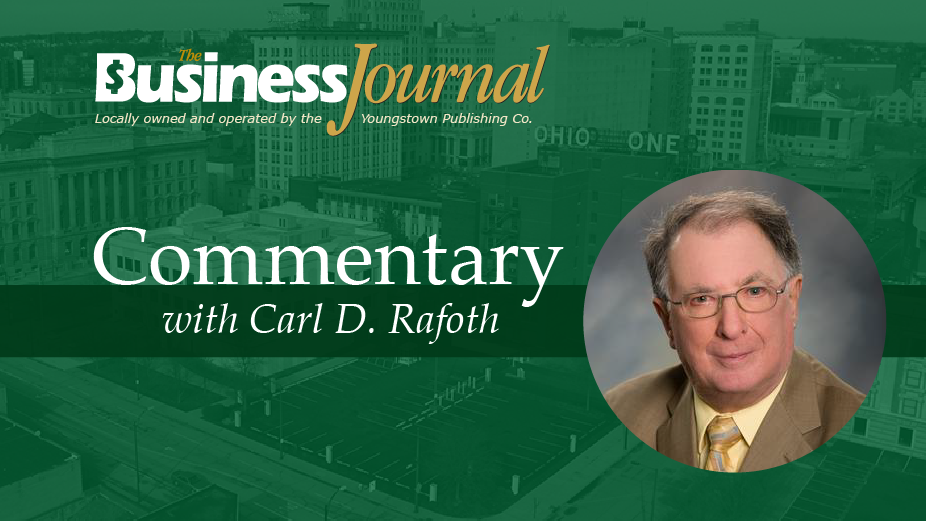By Carl D. Rafoth
YOUNGSTOWN, Ohio – Polling all too frequently gets the results the pollster is looking for.
Pose a question by a CNN reporter to a corporate CEO about its main purpose. Answer: Not to maximize profits for the shareholders, but to engage in activities to improve everybody’s lives in general.
Anything short of the answer would be judged as greedy and wrong.
Why not then be the CEO of a nonprofit such as a “Friends of the Earth” type organization?
Milton Friedman, perhaps the most admired economics professor and scholar in the 20th century, neither stated nor implied that corporations should look out only for their shareholders. He did say, however, that the individual should donate to charitable causes, not from the corporate treasury. Tax and public perception incentives dictate otherwise. Overall Friedman has the better plan. His point was that a company should focus on its business.
Friedman was a supply-sider and his economic theories leave the demand-siders cold.
Inspite of Friedman’s statement on donations, corporations (the word derives from the Latin corporare, meaning to form one body) continue to survive – large, medium and small alike- – for now.
Most Americans working for corporations have savings invested in retirement plans that in turn invest largely in corporations that grow and benefit not just individual owners, employees, and labor unions, but also retirement plans. Robert Reich, former secretary of labor, and now teaching politics, who frequently bashes corporations, surely is a beneficiary of the huge California Public Employees Retirement System (Capers).
Why do so many large corporations now deviate from their long standing purposes that benefit so many as noted above? Some answers follow:
Government as a shareholder through huge pension funds owns large stakes in these companies; government as a customer often dictates the leftist agenda on social issues; and government also regulates capital markets. Vary from them and risk the federal government coming down on corporations that deviate from its climate change or gun control agendas.
Government also regulates capital markets through the Securities and Exchange Commission and the Central Bank (Federal Reserve) that artificially keeps interest rates only within a narrow range, ostensibly just to tame inflation and maintain low unemployment. However, the U.S. and world marketplaces are too large and diverse to be managed by its chairman and seven Federal Reserve governors posted in our largest cities. The huge inflation rate in the early 1980s (close to 20% for a short time) was too much even for his hallowed group, and that may soon visit us again with the Fed’s easy money policy and unbridled government spending.
The U.S. dollar, as some suggest, may be challenged by the Chinese yuan as the world’s reserve currency.
Finally, the government’s rules mold the workplace. Quotas for every ethnic, racial, gender (and sub-gender) group are favored by government.
Big Tech knows that by banning certain types of speech and persons, the trust-busting, antitrust division of the U.S. Justice Department will more likely “leave them alone.” Would Facebook, Google or Microsoft likely portray the chairman of one of the regulatory committees in an unfavorable light? Hardly.
Milton Friedman’s timeless advice is more relevant today than ever.
Carl D. Rafoth, is an attorney in the Canfield office of Friedman & Rummell Co. LPA.
